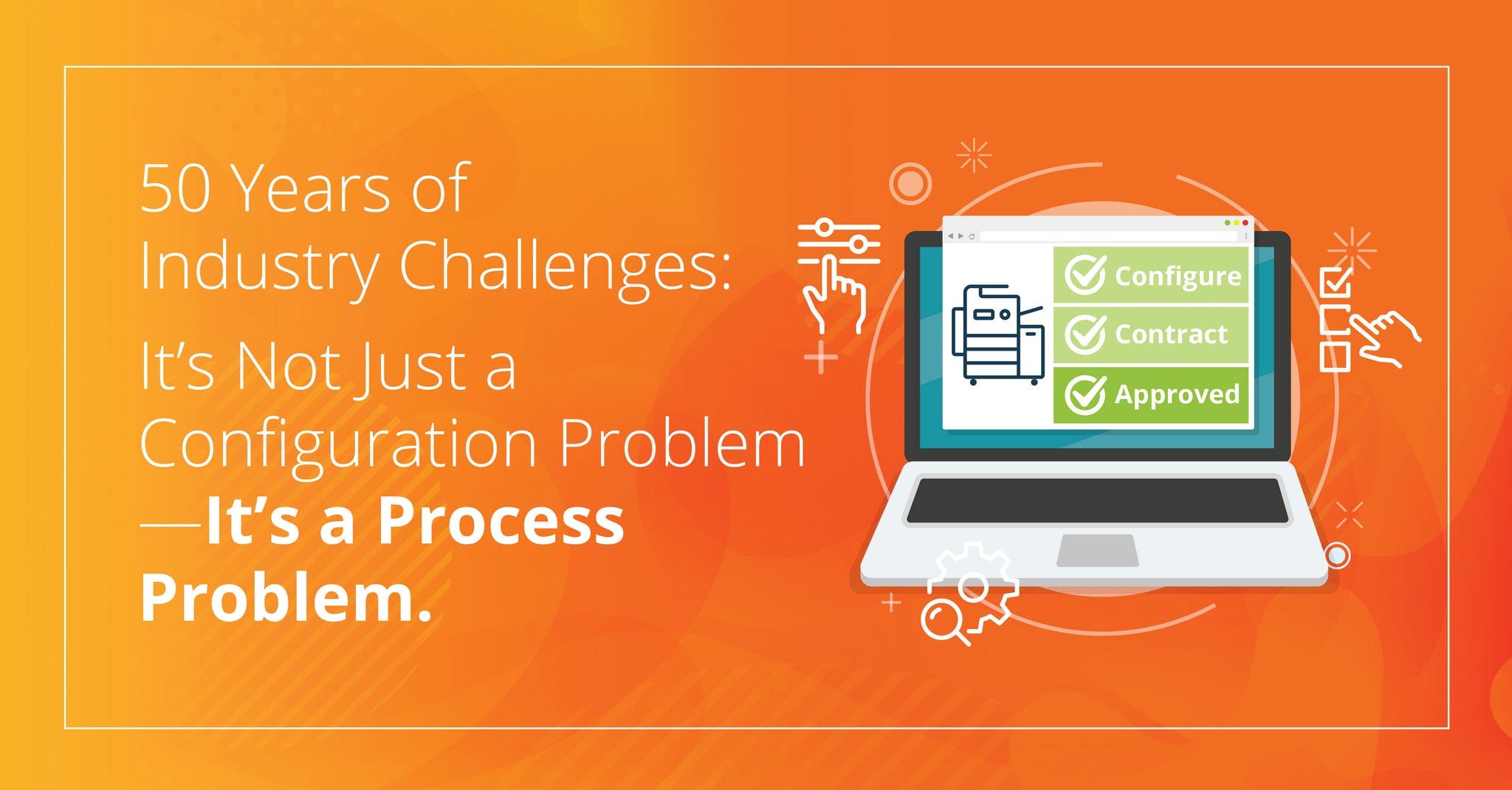

The Imaging Channel has seen its share of roll-ups over the years. This latest round is bound to fail. Should you join a roll-up? If you have no other options, then sure, but buyer beware. Here’s why.
I keep writing aboutthe Clover Imaging Group debacle but when the previous darling of the roll-up/private equity party goes completely south, it has far-reaching impacts.
When a company comprised of roll-ups (MSE, WestPoint, Depot International, Data Products, et al.) signals that it cannot refinance a $600+ million loan, new lenders are not confident the loans will be paid back in full.
Clover signaled that it would likely not pay current lenders back 100%. So as a potential new lender, the questions are obvious:
- How can I be sure I will get all of my money back?
- What has changed in the market to increase my confidence?
- Is the same leadership team continuing?
Clover operates within the office printing industry. If it’s not healthy, and it is the biggest aftermarket supplier, it’s likely the industry isn’t healthy. So if Clover is having issues raising capital, why would you think other roll-ups would not be? Investors will stay on the sidelines until this plays itself out.
Here are my questions:
-
Who’s buying? Roll-ups are not complicated. You buy a bunch of smaller regional players. These companies do not have access to PE because they are too small, so bringing 20-30 together with combined revenue of (for example, $500 million)with steady profits, revenue and growth are very attractive to PEs. After all, in a low-interest environment, people take risks to make 7 or 8% annual returns.
- The problem, as Clover illustrated, is that steady profits, and revenue growth are not happening. Investors are often sheep when it comes to following what others do (housing/mortgage bubble anyone?).
Investors now know that office printing is a shrinking industry. Roll-ups will need to defend their business plan to accommodate for negative growth.
Clover is not mismanaged. The business model of collecting and remanufacturing cartridges is their Achilles heel. It’s not the sole reason for their issues. Printed pages are decreasing. Those left in the market are fighting each other for market share. The OEMs are lowering prices, and international players with lower-cost models are taking market share.
Page decreases also hit dealers. Lower page volumes mean lower revenues on contracts. Lower page volumes mean less hardware placed, and when it is placed, often smaller, less expensive equipment. Which brings us back to roll-ups.
Roll-ups can positively affect the profitability of the companies they acquire. They can:
- Streamline administration
- Lower software costs and lower hardware and supply costs with bulk purchasing
- Implement best practices for service
- Improve finance rates
All of these things are great, but roll-ups cannot increase printed pages.
As a matter of fact, as more “roll-up titans” are created, each with lower costs, they will likely fight with each other and engage in a price war. The increased profits will be short-lived as they use lower costs to try and increase revenue. OEMs will fight with each other to make their hardware the chosen product of each roll-up.
Roll-ups will compete against each other and OEMs for larger, national accounts. It's going to be a margin and revenue bloodbath. Independent dealers will be left to focus on smaller regional accounts.
Here’s my industry prediction: roll-ups will be challenged to grow revenue, but they will do a good job improving margins and earnings in the next 12 months. If they do not cash out quickly after that, as both earning and revenue shrink those once rosey multipliers shrink. Owners that have invested in these roll-ups may be disappointed in the return they get for their investment.
With this in mind, why sell? A continued focus on your regional market, some strategic cuts in sales, investments in new product offerings and e-commerce (think MPSToolbox), can easily provide owners with a much better return.


